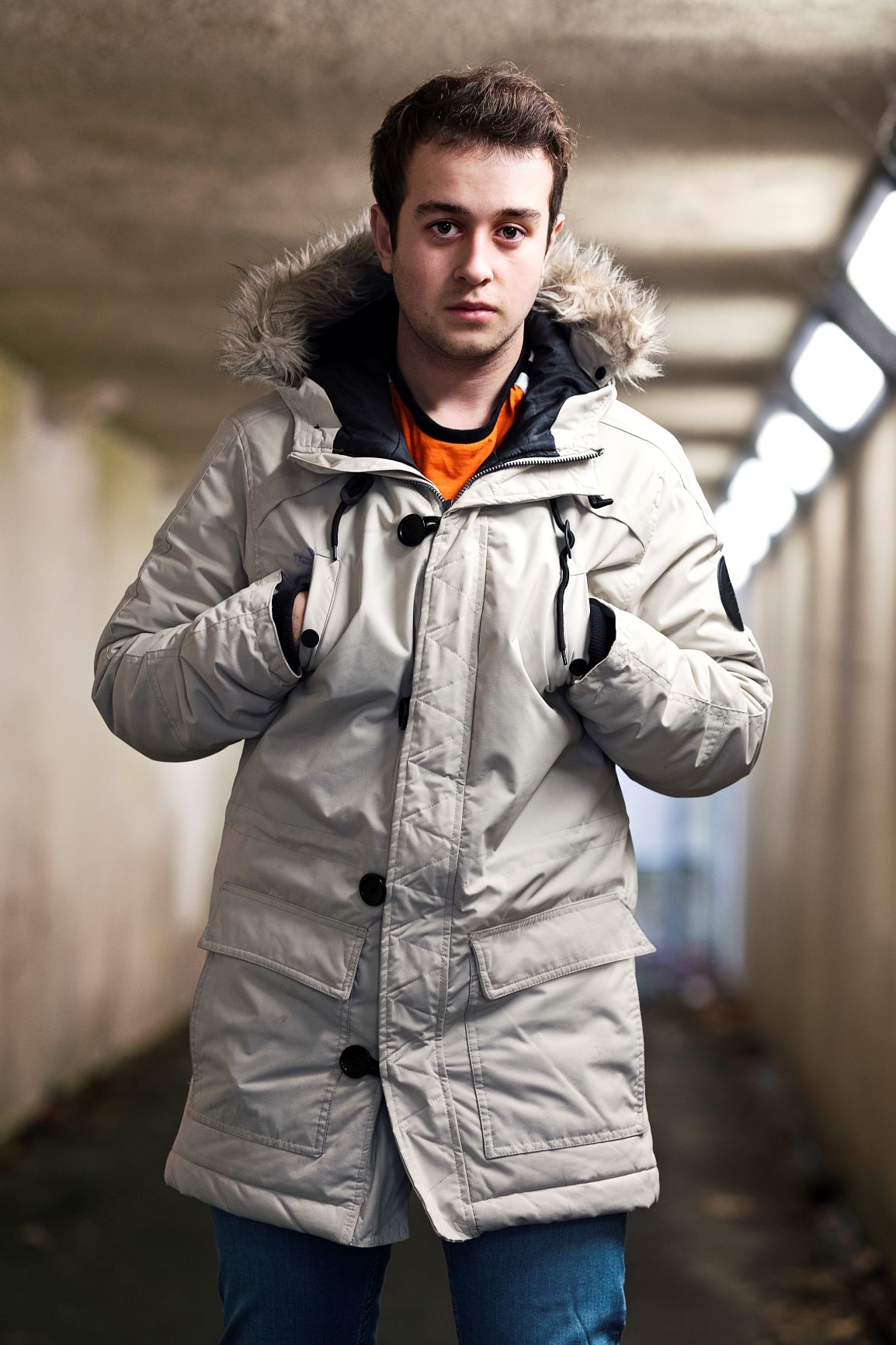 Although coming under the same umbrella, the area of Churchgate Street feels slightly detached from the rest of Harlow. In my opinion it’s more akin to neighbouring villages such as Sheering. And I say that with no negative undertone – I consider myself lucky to have grown up in the shadow of Harlow; both New and Old.
Although coming under the same umbrella, the area of Churchgate Street feels slightly detached from the rest of Harlow. In my opinion it’s more akin to neighbouring villages such as Sheering. And I say that with no negative undertone – I consider myself lucky to have grown up in the shadow of Harlow; both New and Old.
Although more or less just around the corner, senior school in Harlow proper felt alien to me – especially when friends that I’d known for so long at primary school went to other high schools. Therefore, while those around me were making headway, I was still acclimatising myself to my new surroundings. Outside of school it was fine – to this day I’ve kept many of the friendships I formed as a young child. However, it wasn’t until the latter half of my second year that I found my footing and made solid, lifelong (I hope) friendships.
Like most kids, I had lofty ambitions – I still do. However, academically I was middle of the road. I was pragmatic; I knew I wasn’t going to excel in the core subjects that would propel me towards a conventional career. Therefore, I focused on something I was good at – drama. From that day forth I realised that, through drama, nothing was insurmountable – it gave me a limitless alter ego.
I found drama very liberating. Students, teachers and especially my parents were surprised how a timid child, who often didn’t want to draw attention to himself, would perform centre stage – something many would avoid at all costs.
'My saving grace was Livewire Community Theatre'
Four years ago, having been encouraged by my drama teacher, I joined Livewire Community Theatre – a free, charity-based drama school in Harlow. Drama gave me the opportunity to tackle my reserved nature head-on in an environment that was devoid of judgement. However, in the months prior to my exams all my gains were in danger of unravelling.
I firmly believe it was just unfortunate timing that led to the bullying. To this day I don’t know why I became the target of their vitriol – it wasn’t as if I instigated it. However, over a period of four months (while walking home from school) I’d have to run the gauntlet of verbal abuse from kids who amassed from a neighbouring school. I did my best to knuckle down at school and limit the effect it had on me, but more often in the forefront of my mind was an overwhelming feeling of apprehension that awaited me come home time.
From their vantage point they’d holler abuse in unison. It was as if I were crossing a stage while being heckled by unruly audience – only far worse. As I emerged from the daily torrent of abuse I was left feeling anxious, lonely and angry. Verbal bullying that lasted for 30 seconds max might not sound like much of an ordeal. However, being subjected to it day in, day out, took its toll on me – especially at a time when, like many teenagers, exam pressures were escalating.
I did what I thought was best, shrugging it off and putting it down to experience. After all, many had been through a similar situation – why should I single myself out as being unique and requiring special treatment? In hindsight that was wrong. I was just bottling up my emotions until they manifested themselves outwardly. As hard as I fought against it I felt (and I’m sure others noticed) a marked difference in my personality – I was shutting down and reverting to my quiet unassertive demeanour.
Although I’d confided to my parents how low and depressed I was feeling, they put a lot of it down to exam stress. I couldn’t really blame them because, due to feelings of shame and/or inadequacy, I didn’t divulge that the root cause was bullying. Yet another mistake on my part – who better and more likely to help you than your parents, especially as my father’s job was supporting those with mental health issues. Thankfully, the telltale signs became evident at school, so help was provided in the form of a school counsellor who, realising the severity of the issue, tipped off my parents as to the underlying cause of my problems.
Aside from my parents and counsellor I divulged the situation to a few trusted friends, one of whom kindly offered to rally a few individuals from school, who’d chaperone me while on the way home so the situation could be ‘dealt’ with. As grateful as I was, I declined – a mass brawl wasn’t my style. The situation resolved itself unexpectedly when only a few weeks later the group of kids inexplicably disappeared from their regular meeting point, leaving me to focus on my exams. Thankfully, despite the turmoil these weren’t seriously affected – enabling me to enrol at college and continue my drama studies.
My saving grace throughout was Livewire. Even at my lowest ebb, when the issues that plagued me were apparent to all, I stuck with it. I’m indebted to the staff and students who provided me with support when I needed it most.
As for Harlow, well … I might only be sixteen, but I’ve seen enough to form an opinion. And that is that Harlow, if it’s not already too late (case in point The Square), needs to wake up and retain its culture. If not we’ll become the soulless zombies that a recent Livewire performance (Our Town, Our Future) at the Harlow Playhouse predicted we’ll become in the near future.
The synopsis of the play was a time-travelling teenager witnessing Harlow seventy years on from now; a town devoid of culture due to cutbacks in funding. The play, although entertaining, was a rather sombre reminder of how little culture is valued these days.
'I consider myself lucky to have grown up in the shadow of Harlow; both New and Old'
During the early stages of the play Sam Ashford, the creative director, gave us some background information as to Harlow New Town’s formation and the aspirations it held for many. We discussed how the town had changed and how as young members of the community we often felt undervalued and not shown the respect we are worthy of. We aren’t, in most cases, the wasters that the media portrays us to be. Livewire’s aim is to encourage the community to inspire and nurture young people regardless of ability or background.
Seeing as my nan came here shortly after the war, I asked for her opinion on Harlow. Unlike her early memories, her comments about its current state weren’t so flattering. That’s a shame, because from what I understand Harlow was once a place that people came to in order to start afresh, whereas many now claim it’s a place they need to leave in order to start afresh. But having said that, there seems to be no end of people willing to make Harlow their home – so it can’t be all that bad.
But having lived through the changes, she’s entitled to her opinion, and I’m sure I’d feel the same way. It’s my guess that it’s not that dissimilar to the negative feelings I have towards a new development close to my home; practically on the doorstep of Sir Frederick Gibberd’s home. Before long the fields that I played on as a child will be gone and replaced by houses. I’m sure similar sentiments were held by those in Old Harlow when the New Town emerged, and even at my tender age I can’t help but feel some sense of nostalgia.
